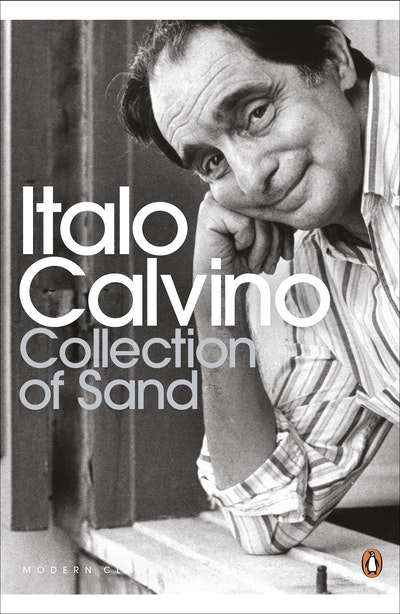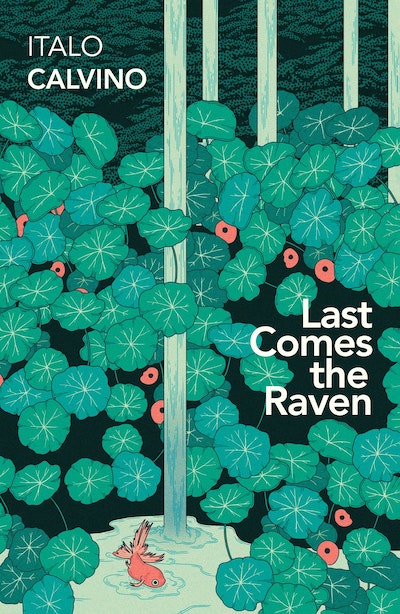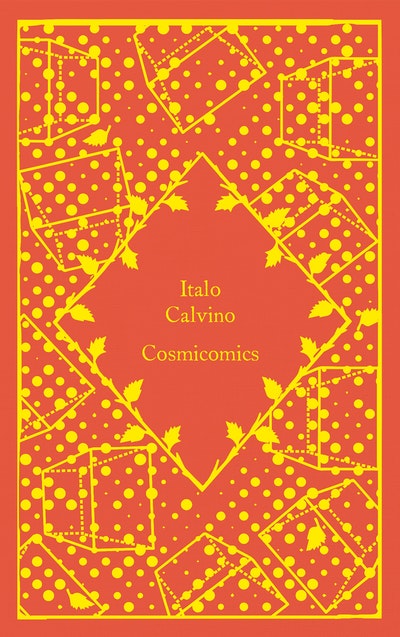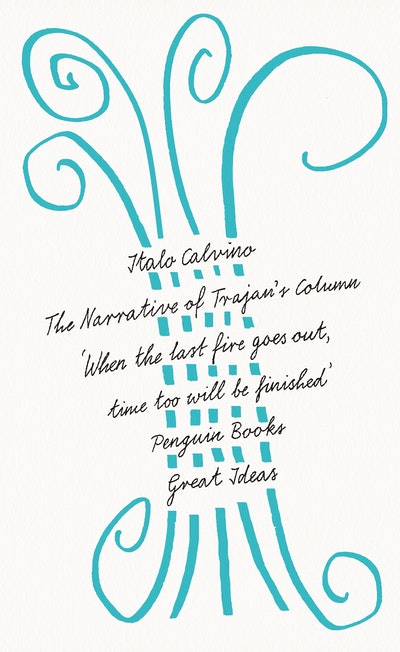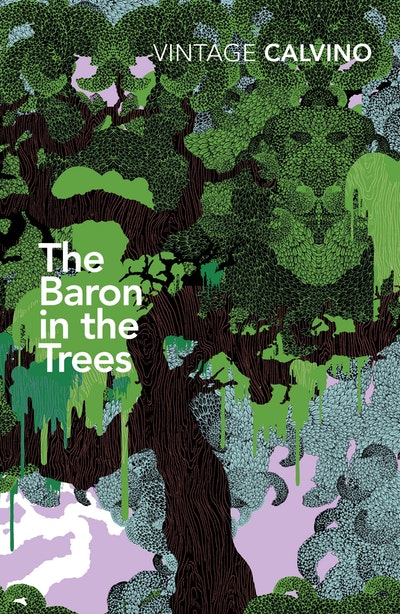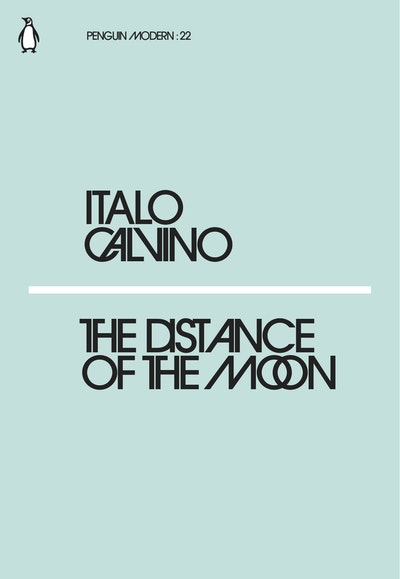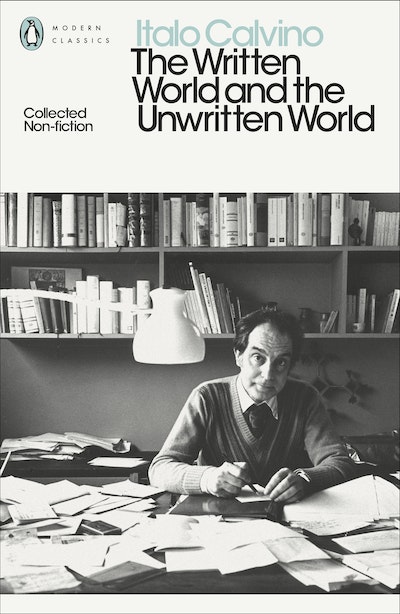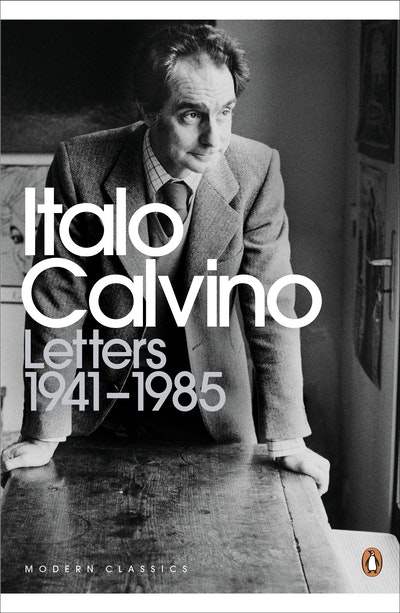[]
- Published: 21 August 2013
- ISBN: 9780141193748
- Imprint: Penguin Classics
- Format: Paperback
- Pages: 240
- RRP: $22.99
Collection of Sand
Essays
Formats & editions
Buy from…
- Published: 21 August 2013
- ISBN: 9780141193748
- Imprint: Penguin Classics
- Format: Paperback
- Pages: 240
- RRP: $22.99
A brilliant collection that may change the way you see the world around you
Guardian
A pleasure . . . offers new glimpses into the mind of the great writer while also reminding us of Calvino's insatiable curiosity
Independent
A delight, these essays are distinguished by a sly philosophic humour and whimsy
Spectator
